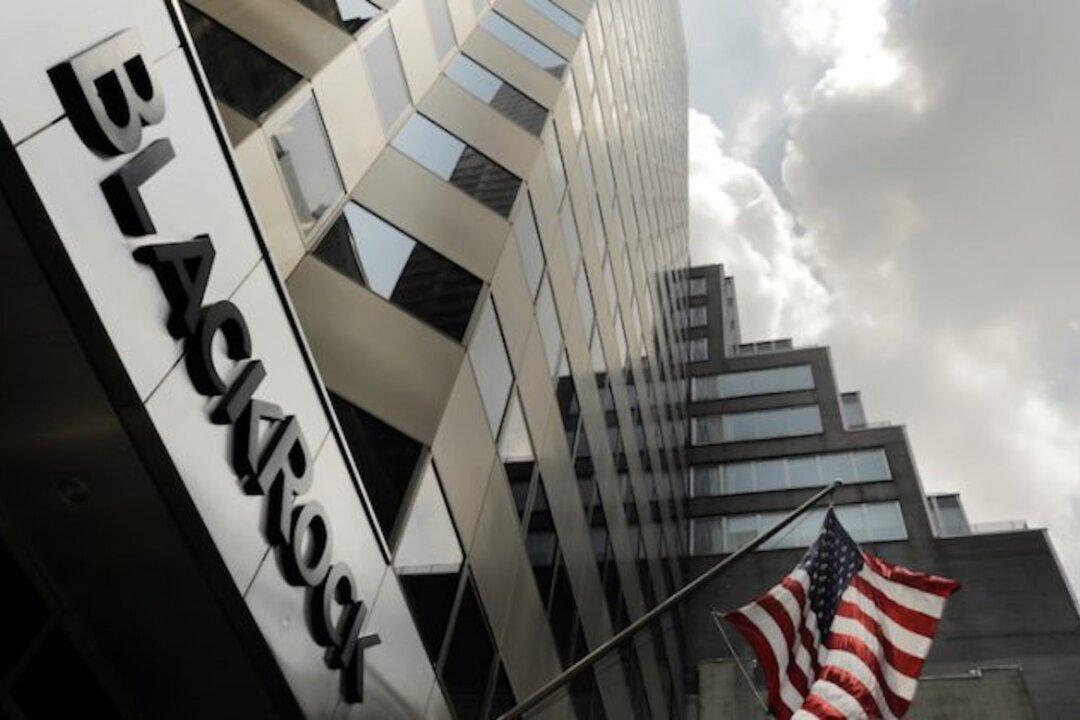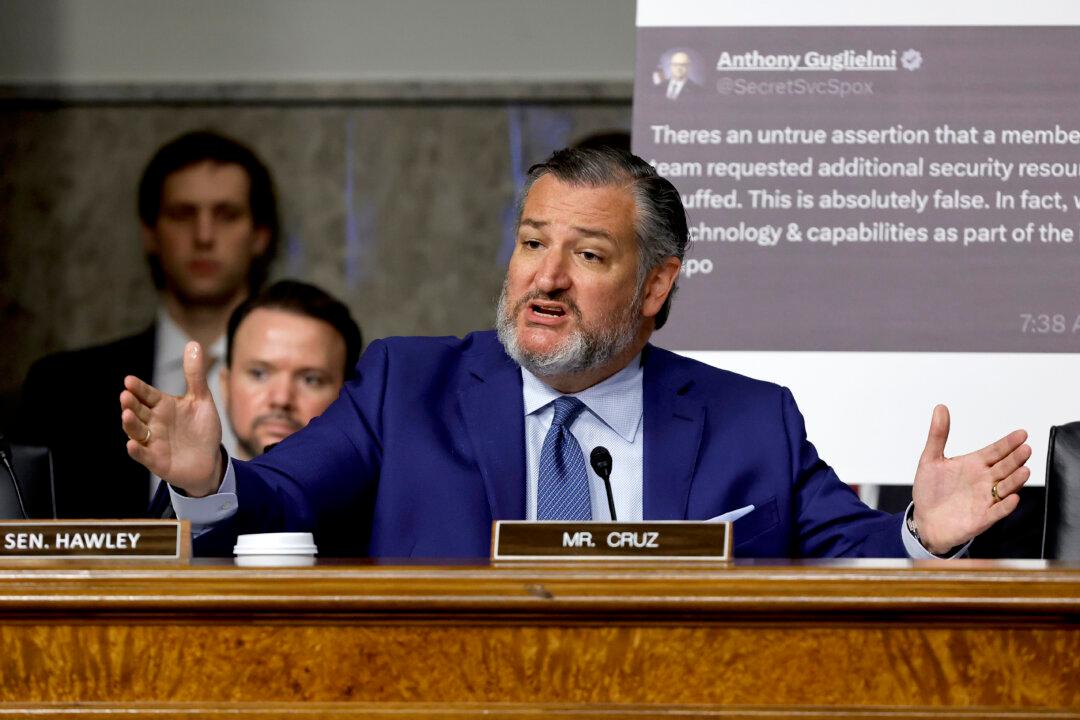In April 2021, large corporations such as Coca-Cola, Delta Airline, and Home Depot rallied against Georgia’s election reform, parroting a leftist narrative that the measure was “racist.” It was seen by many as a manifestation of the “woke” takeover of corporate America, in which a company’s capital is diverted to left-wing causes that shareholders never intended to support.
The driving forces behind this trend, however, were not left-wing activists, but powerful mega-funds seeking to entrench their regime under the guise of wokeness, according to Ethan Peck, an associate at the National Center’s Free Enterprise Project.






